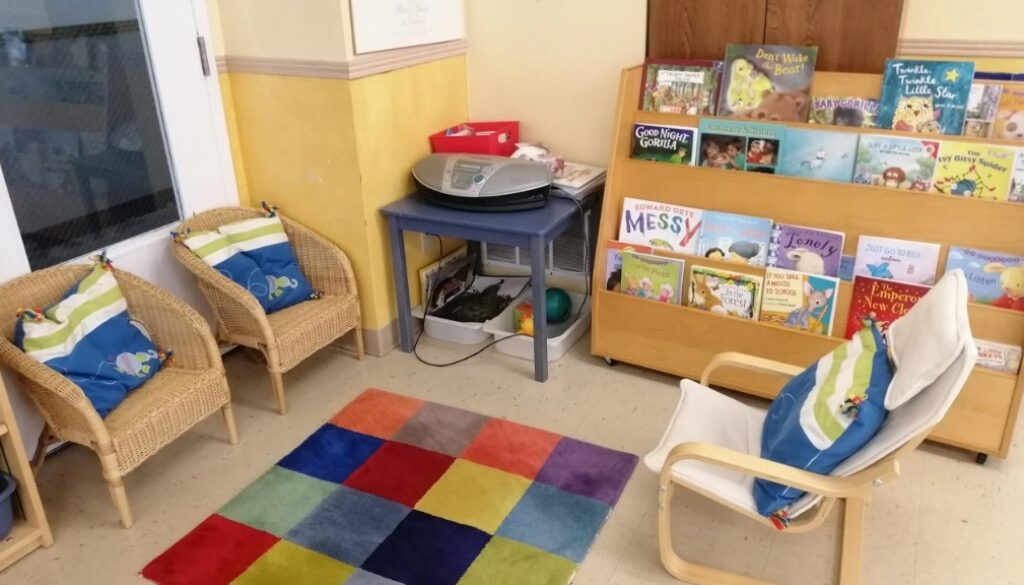Safe and Caring Montessori Schools: The Impact on Your Child’s Emotional Well-Being
A safe and caring Montessori school creates environments where children feel emotionally secure and valued. Consistent routines and clear expectations help children develop confidence and trust.
Canadian Montessori educators understand that emotional security forms the foundation for all learning and development. Gentle guidance and respect characterize daily interactions between teachers and students.
Respectful Communication
Professional safe and caring Montessori school programs emphasize respectful communication at all levels. Teachers model peaceful conflict resolution and active listening skills.
Children learn to express feelings and needs appropriately through guided practice. Positive communication patterns support healthy emotional development in the classroom community.
Independence Development
Quality safe and caring Montessori school environments encourage age-appropriate independence. Children discover capabilities through carefully prepared activities and materials. Success with manageable tasks builds confidence and self-esteem. Canadian Montessori educators support growing independence while maintaining emotional safety.
Social Skill Building
A safe and caring Montessori school nurtures social skills through mixed-age groupings. Older children develop leadership and empathy by helping younger peers. Younger children gain confidence through positive peer relationships. Social interactions occur naturally within the prepared environment.
Emotional Intelligence Growth
Professional safe and caring Montessori school programs support emotional intelligence development. Children learn to recognize and understand their own emotions. Teachers help children develop strategies for managing feelings effectively. Emotional awareness contributes to positive self-image and relationship skills.
Individual Pacing
Quality safe and caring Montessori school education respects individual development patterns. Children progress at their own pace without pressure or competition. Personalized learning approaches prevent frustration and maintain enthusiasm. Canadian programs value each child’s unique developmental journey.
Conflict Resolution Skills
A safe and caring Montessori school teaches peaceful conflict resolution through daily practice. Children learn to address disagreements respectfully and independently. Teachers guide problem-solving while maintaining emotional safety. Conflict resolution skills support positive peer relationships.
Cultural Respect
Professional safe and caring Montessori school environments celebrate diversity and cultural differences. Children develop an appreciation for various traditions and perspectives. Inclusive practices help all children feel valued and respected. Canadian Montessori programs reflect multicultural community values.
Stress Management Skills
Professional safe and caring Montessori school programs help children develop stress management techniques. Quiet spaces allow children to regulate emotions when needed. Movement activities provide healthy stress release. Canadian educators recognize the importance of emotional self-regulation skills.
Positive Self-Image
Quality safe and caring Montessori school education nurtures positive self-image development. Children receive specific, meaningful acknowledgment of efforts and achievements. Comparison and competition are minimized to maintain healthy self-esteem. Personal progress drives individual motivation and satisfaction.
Community Building
A safe and caring Montessori school creates strong classroom communities through shared experiences. Group activities build cooperation and mutual support. Children develop a sense of belonging within the classroom family. Community connections support emotional security and growth.
Observation and Support
Professional safe and caring Montessori school teachers observe children carefully to provide appropriate emotional support. Individuals need to receive attention and responses. Early intervention addresses emerging challenges positively. Canadian programs maintain low teacher-student ratios for quality care.
Life Skills Development
Quality safe and caring Montessori school environments support essential life skills development. Children learn responsibility through classroom jobs and material care. Practice with real-life tasks builds confidence and capability. Practical life skills contribute to emotional well-being and independence.
Conclusion
A safe and caring Montessori school creates strong foundations for lifelong emotional health and well-being. High-quality programs promote learning and growth in all domains while preserving emotional safety.

